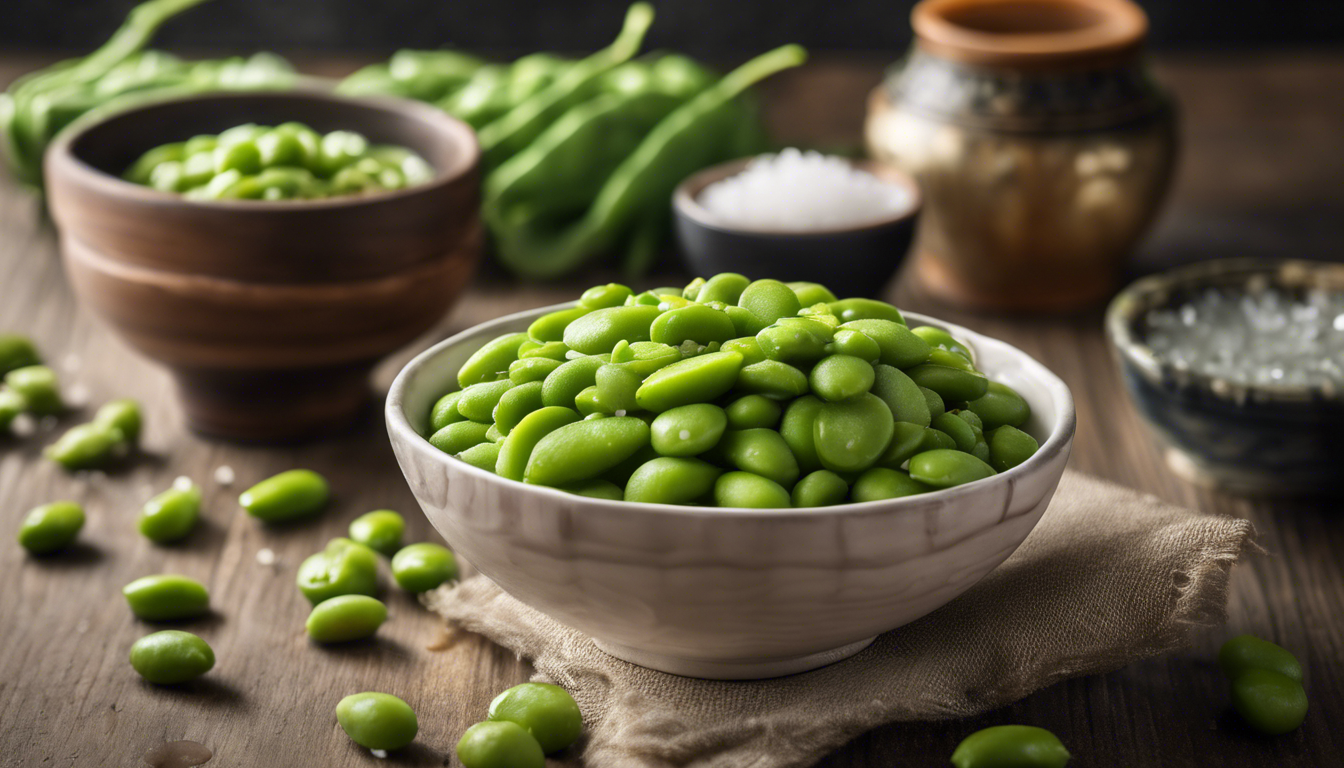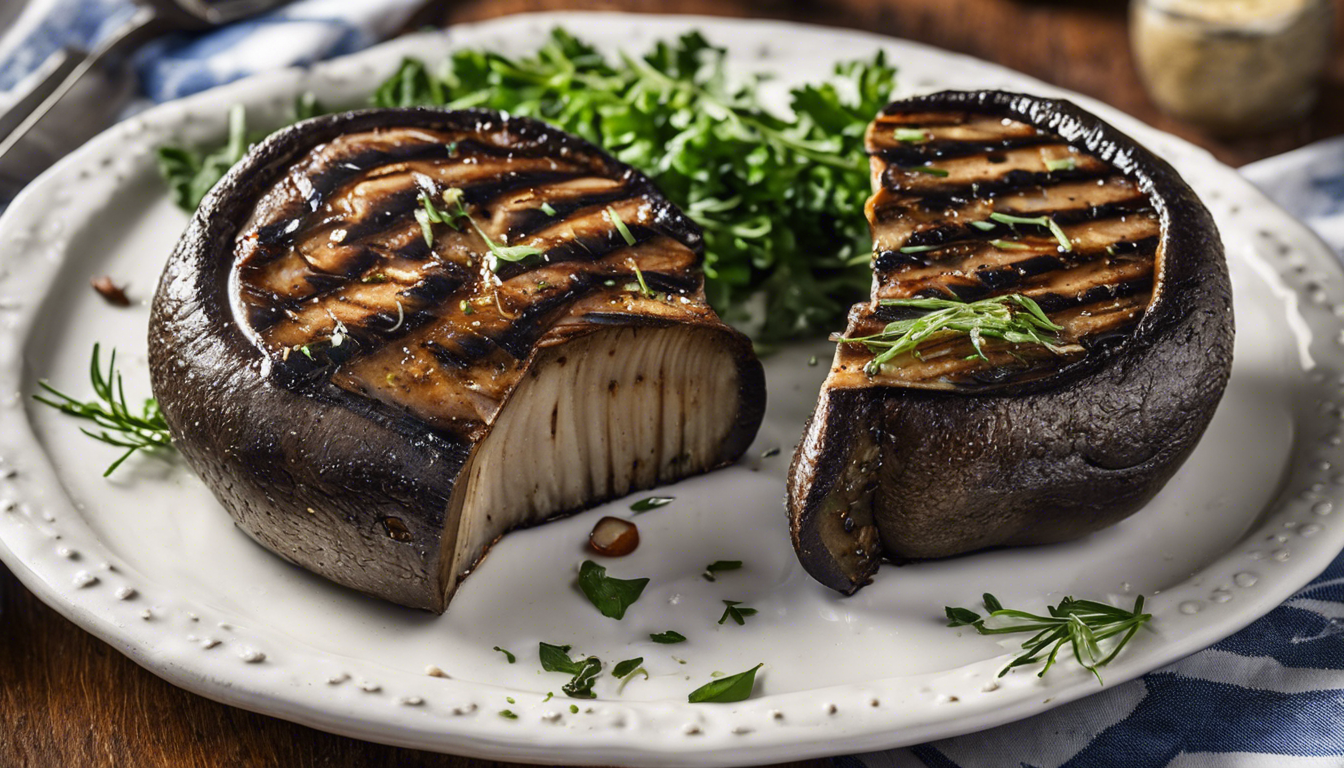
Nutrient adequacy in vegan athletic diets
Step aside, meaty misconceptions – now, let’s clear the air about vegan diets and their ability to provide all the nutrients necessary for an athlete to not only survive but thrive. There’s a tired old trope that suggests vegans might have to scramble for scraps when it comes to getting every vitamin and mineral needed, but this is about as outdated as the dial-up internet.
First off, let’s talk vitamins. Many worry that without animal products, vegans are automatically enrolled in the ‘Deficiency Club’. But here’s the catch: with a well-planned vegan diet, athletes can get a gold star in nutrition. Take vitamin B12, the poster child for vegan worries – it is easily nailed down with fortified foods or supplements. Presto, no biggie!
Iron? It’s got a reputation for playing hard to get in vegan circles, but plant-based eaters have a secret weapon – vitamin C. Pair that vitamin C-rich bell pepper with your leafy greens, and iron absorption jumps like a pole vaulter clearing the bar. It’s all about combining your foods like a pro.
But the pièce de résistance in the vegan dietary suite is the rich array of antioxidants, fibers, vitamins, and minerals that come packed in plant-based foods. These aren’t just the sidekicks; they’re the superheroes helping athletes stay in peak form. From zinc in pumpkin seeds to calcium in fortified plant milk, and omega-3s in flaxseeds, there’s a plant-based source for practically every nutrient in the athlete’s handbook.
Of course, like any diet, it requires a dash of knowledge and a sprinkle of planning. It is not magic; it is mindfulness – understanding where your nutrients come from and ensuring variety graces your plate. A diverse vegan diet isn’t just a cornucopia of colors; it is a melting pot of essential nutrients keeping an athlete’s body running like a well-oiled machine.
And don’t let the protein myth sneak in here; that’s a story for another section. But sneak peek – it’s perfectly possible to build and maintain muscle on a vegan diet. Now, now, let’s lace up those plant-powered boots and hit the nutrition track with confidence. Athletic glory on a vegan diet isn’t a myth – it is a reality for those who plan, educate themselves, and enjoy the bounty of the earth’s offerings.
Muscle building and protein on a vegan diet
Now, let’s sink our teeth into the meaty topic of muscle building and protein intake in a vegan diet, which often gets a bad rap in gym circles. The myth that haunts plant-based eaters like an annoying gym partner who won’t stop grunting is that you can’t build considerable muscle without animal protein. Time to bust this myth with a protein shake made of cold, hard facts.
Protein is undoubtedly essential for muscle repair and growth; no argument there. But the source of that protein? That is where the plot thickens. Animal proteins are complete, which means they provide all nine essential amino acids. However, the myth that plant-based proteins lack in certain amino acids paints an incomplete picture. The truth is, various plant sources can offer a complete amino acid profile when combined correctly. Ponder beans with rice, peanut butter on whole-grain bread, or a quinoa and chickpea salad – delicious duos that are as hearty as they’re complete.
Moreover, emerging research supports that with an adequate caloric intake and attention to protein diversity, vegan athletes can consume more than enough protein to support muscle development. With heavyweight champs like lentils, tofu, tempeh, and a plethora of protein powders – pea, rice, hemp, to name a few – there’s no shortage of plant-powered muscle builders.
And here’s some food for thought – it’s not just about the quantity of protein, but also its quality and the other nutrients that come along for the ride. Plant-based proteins often have lower levels of saturated fat and no cholesterol, unlike their animal counterparts. Plus, they bring a team of fibers, vitamins, and antioxidants to the table. This means vegan athletes can build muscle while also potentially reducing their risk of heart disease, and staying lean and mean.
It is important to remember that timing and distribution of protein are key. Spreading intake throughout the day ensures a steady stream of amino acids, ready for muscle synthesis when the body demands it. So, start your day with a smoothie stacked with spinach, almond butter, and plant-based protein powder, munch on a lentil salad for lunch, and end the day with a hearty tofu stir-fry. Keep the protein coming, and your muscles will have plenty to work with.
Let’s be clear: building muscle on a vegan diet isn’t just a possibility; it’s a reality for many successful plant-based athletes around the world. It’s muscle made not of myths, but of meticulously planned meals, each with a solid punch of plant protein. So, toss aside those outdated stereotypes and flex your nutrition knowledge – because vegan muscle isn’t a myth, it is made in the kitchen.

Vegan athletes and energy levels
When it comes to top-notch athletic performance, energy is the currency that powers every sprint, squat, and serve. So, when someone whispers that vegans might be running low on fuel, it sounds like they’re pedaling a bike with a missing wheel – it just doesn’t stand up. The myth-busting truth? Vegans can, and often do, have energy in spades, thank you very much.
Many point fingers at carbohydrates when they think of energy, so let’s set the record straight. Carbs are the body’s preferred source of fuel, especially during high-intensity exercise. That is something plant-based diets deliver in abundance; grains, fruits, legumes, and vegetables are carb central, and they’re ready to rocket-fuel your workouts.
But let’s not say goodbye to fats, too. They’re like the slow-burning logs on the fire, providing sustained energy over longer periods. Nuts, seeds, avocados, and plant oils are loaded with healthy fats that help keep the motor running. Unlike the saturated fats often found in animal products, these plant fats come without the unwanted baggage of cholesterol.
Now, what about those times mid-race or towards the tail-end of a tough game when you need a quick energy surge? Simple sugars are often cited as the villains in the world of nutrition, but in the moments of dire energy needs, they’re the superheroes swooping in for the save. Dates, bananas, and other fruits can give that swift kick of glucose just when you need it, all wrapped in a package of fiber, vitamins, and minerals, making them an athlete’s pocket-sized pitstop.
And hydration – let’s not forget that water is the lifeblood of energy levels. Plant foods are often high in water content, which helps in maintaining hydration status, crucial for sustaining energy levels during long training sessions or matches. Dehydration is an energy zapper, so chowing down on water-rich fruits and veggies can help keep you in the clear.
Some might raise an eyebrow about caffeine, a known energy booster. Sure, coffee isn’t exclusive to any diet, but who said vegans don’t indulge in their fair share of caffeinated bevs? With an array of plant-based milks to splash into your coffee or tea, that caffeine kick is just as accessible in a vegan athlete’s arsenal.
What’s more, the absence of heavy, hard-to-digest foods found in some animal-based meals might actually give vegans a leg up. An overstuffed gut can lead to sluggishness – something athletes can ill afford. In contrast, a well-balanced vegan meal is typically high in fiber, which aids digestion and helps maintain steady blood sugar levels, preventing those infamous peaks and troughs in energy.
So, there you have it, the notion that vegans can’t keep up with their energy demands is about as accurate as a deflated basketball going through a hoop – a rare and unfortunate occurrence. On the contrary, a thoughtfully curated vegan diet can provide all the sustainable energy needed to stay top of the game. So, vegans, lace up and get ready to impress with your boundless energy; it’s all green lights on the plant-based road.
Recovery and inflammation in vegan sports nutrition
Before we dive into this vibrant veggie patch, it’s essential to bust one particular myth that’s as stubborn as a stain on your favorite workout tee – that inflammation and recovery are problematic on a vegan diet. Some naysayers assume that without the so-called superior muscle-repairing powers of animal proteins, vegans are left to wallow in their post-workout soreness. Not so fast. Plant-based diets have some aces up their sleeves!
Let’s talk inflammation first. You see, it’s not just about knocking it out cold; it is a natural and necessary response that helps the body heal after a grueling workout. However, when inflammation is chronic, it can become the villain in an athlete’s story. Here’s where the plant-based diet swoops in with its anti-inflammatory superpowers. Foods like turmeric, ginger, cherries, berries, leafy greens, and omega-3 rich seeds (think flax and chia) are all on the front line when it comes to battling unnecessary inflammation.
Meanwhile, in the land of recovery, a protein-packed chorus of beans, lentils, tofu, and tempeh sings harmoniously to repair your weary muscles. Combine these with complex carbs to not only add a much-needed energy boost but also to help shuttle that protein into the cells where it’s needed most for muscle repair and growth. It’s a magnificent, muscle-mending concert, and all plant-based athletes have backstage passes.
Suppose we were to single out one star in this shining lineup, it would have to be antioxidants – plants’ gift to persistent performers. These little warriors are found in most plant foods and steadfastly defend against oxidative stress, which can otherwise lead to muscle fatigue and impaired recovery. Thanks to a vegan diet, athletes practically bathe in a sea of antioxidants with every meal.
Put simply, a smarter approach to recovery is written into the script of a well-planned vegan diet. It’s about being as strategic with your recovery meals as you are with your training sessions. Load up on colorful salads with a mix of veggies and legumes post-workout. Blend a recovery smoothie with berries, plant-based yogurt, and a scoop of plant protein. Don’t forget to sprinkle some nuts and seeds for a crunchy finale!
As for hydration – and this cannot be overstated – it is paramount. Plant foods once again score big here, contributing to an athlete’s daily water intake and supporting faster recovery. Plus, vegan diets tend to be rich in potassium, an essential electrolyte in post-exercise recovery, found in bananas, potatoes, and oranges.
The tale that a vegan diet hinders recovery and ramps up inflammation is about as truthful as the Loch Ness Monster spottings. With an abundance of anti-inflammatory foods and a symphony of nutrients at their fingertips, vegan athletes are well-equipped to recover fast and bounce back stronger, ready to tackle their next workout with vigor. The key is in the colorful cornucopia of plant-based choices, carefully composed like a maestro’s masterpiece, enabling vegan athletes to play their recovery game just as hard as they play their sports.